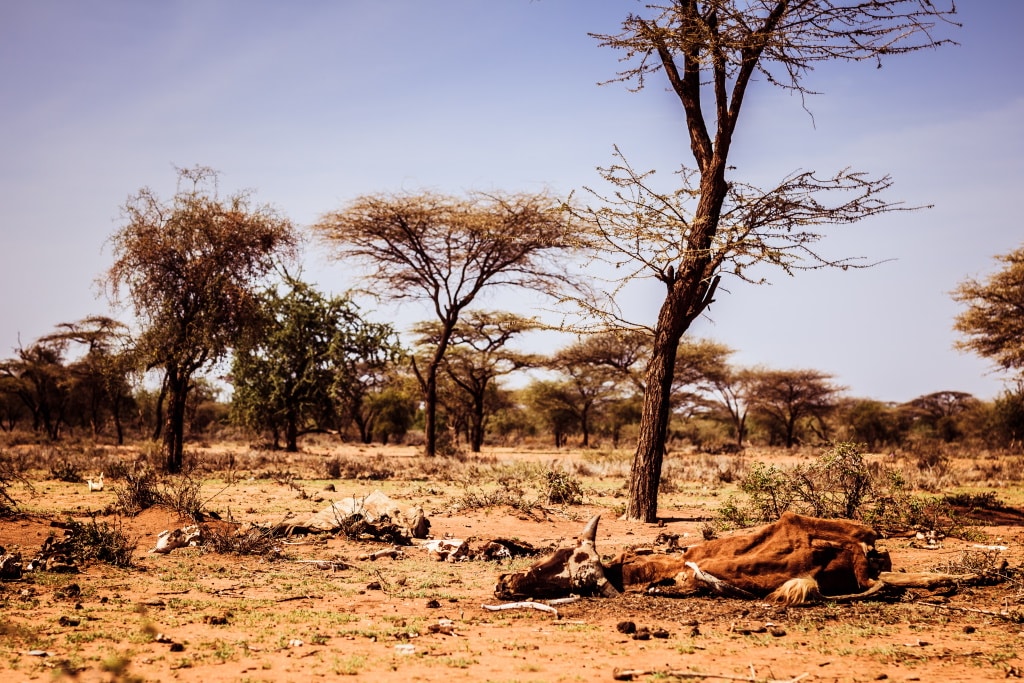The report Climate and Development: An Agenda for Action was published on 3 November 2022 by the World Bank Group. It compiles and analyses the results of the various country reports on climate and development published to date by the Washington-based financial institution in the United States of America. And based on this analysis, the report recommends that the world’s developing countries, most of which are in Africa, allocate 1.4% of gross domestic product (GDP) per year to climate action by 2050.
According to the World Bank, this investment would reduce developing countries’ emissions by 70% by 2050 and build their resilience. The report covers Argentina, Bangladesh, Burkina Faso, Cameroon, Chad, China, Egypt, Ghana, Iraq, Jordan, Kazakhstan, Malawi, Mali, Mauritania, Morocco, Nepal, Niger, Pakistan, Peru, Philippines, Rwanda, South Africa, Turkey and Vietnam.
The responsibility of the biggest polluters
According to the report, the allocation of a portion of national income would help to better manage the negative consequences of climate change. And there are many in Africa. Tanzania, a country in the Great Lakes region, is currently facing water stress due to drought. This situation has spread throughout the Horn of Africa where millions of people are forced to move, particularly in Somalia and Ethiopia. According to the World Bank, the adoption of the proposed strategy would generate “positive effects on GDP and economic growth”.
Read also- Climate emergency in Africa: time for adaptation solutions
However, the success of the plan depends on effective reforms, better allocation of public resources, greater mobilisation of private capital and strong financial support from the international community, the World Bank report says. While all countries need to step up their climate action, high-income countries, which bear a greater responsibility for emissions, must take the lead by decarbonising more quickly and further, and by increasing their financial support to low-income countries.
Climate finance needs in Africa
“Today’s and tomorrow’s large emitters in the developing world also have a key role to play in ensuring that the world meets the goals of the Paris climate agreement,” says the World Bank. The commitments made by the world’s biggest polluters have been largely unfulfilled, especially for Africa, which is responsible for only 4% of global greenhouse gas (GHG) emissions. According to the Climate Policy Initiative, at least $277 billion in funding will be needed annually to enable African countries to implement their nationally determined contributions (NDCs). In 2020, however, Africa received only $30 million in climate finance (for mitigation and adaptation), distributed among only 10 countries.
Jean Marie Takouleu
